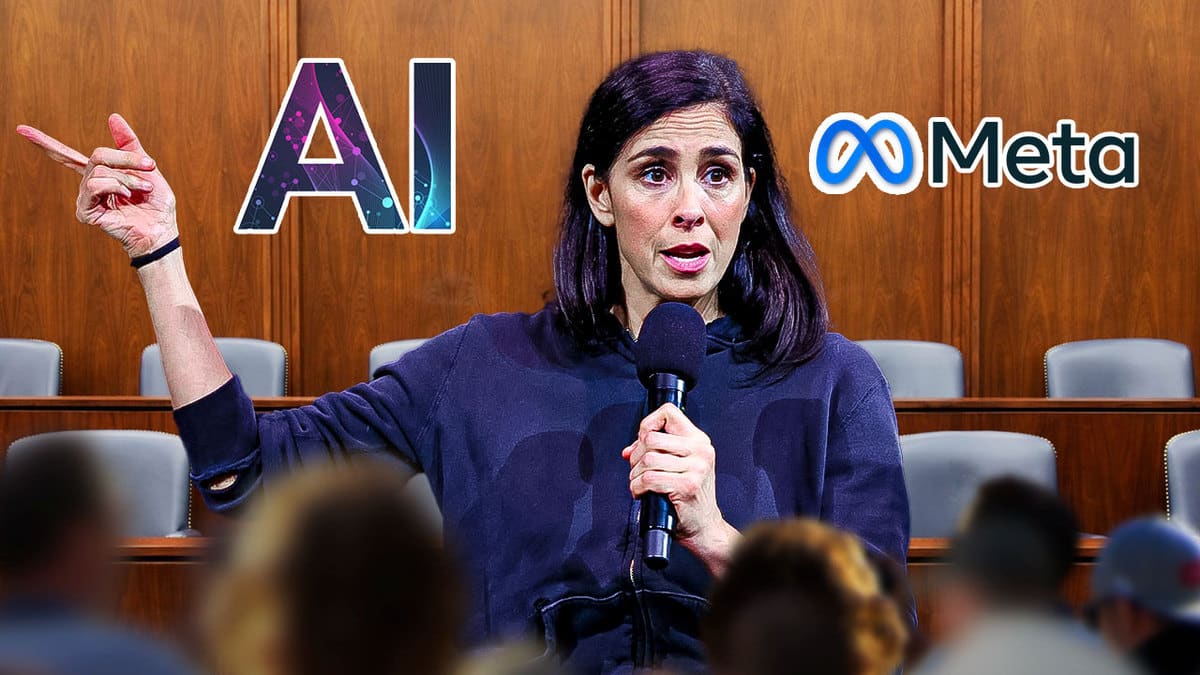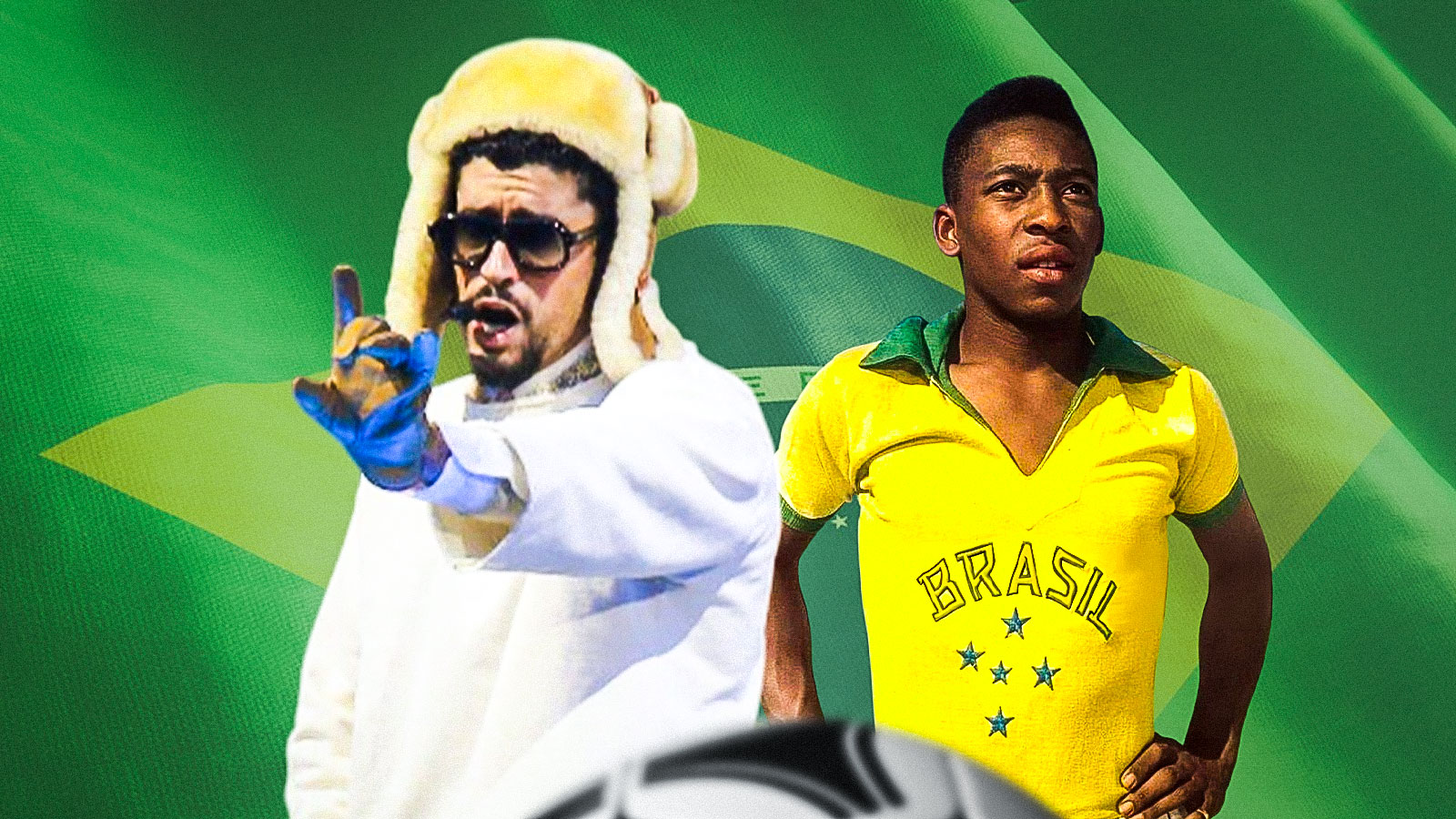Sarah Silverman's lawsuit against Meta has been dismissed by US District Judge Vince Chhabria of the US District Court of Northern California, according to THR.
Silverman's lawsuit was over the unauthorized use of authors' copyrighted books in order to train Meta's generative AI model. The dismissal is the second ruling from a court supporting AI firms regarding the question of intellectual property.
Chhabria said in his order, “This is nonsensical.”
LLaMA: Large Language Model Meta AI

“There is no way to understand the LLaMA models themselves as a recasting or adaptation of any of the plaintiffs' books,” he continued.
LLaMA is a large language model meta AI. According to Meta's website, it's “a state-of-the-art foundational large language model designed to help researchers advance their work in this subfield of AI.”
Chhabria said in his order that LLaMA is, in itself, an infringing derivative work based only from what it extracted from copyrighted material.
Silverman argued that all the results produced by Meta's AI tools infringes on the copyright held by the authors. Chhabria disagreed and said that the actress didn't offer any evidence that those results “could be understood as recasting, transforming, or adapting the plaintiffs' books.”
The comic's lawyers have a chance to plead the claim again, as well as five others that were not allowed to advance.
There is one allegation that Meta did not ask to be dismissed. This was the claim that copying books for AI model training rises to the copyright infringement level.
Another federal judge, Senior District Judge William Orrick, dismissed a case by asking whether artists can prove copyright infringement without the identical material created by the AI. He said these allegations were “defective in numerous aspects.”
AI vs. copyright
Silverman's complaint, filed in July, claimed that Meta's LLaMA “copies each piece of text in the the training dataset.” After that it “progressively adjusts its output to more closely resemble” what was extracted from the training dataset.
The lawsuit claimed that LLaMA's entire purpose is to imitate a copyrighted expression, which ultimately results in an infringing derivative work.
Chhabria's ruling means that plaintiffs in cases like these have to present evidence that an AI tool produced a work that's identical to their copyrighted material. The problem with that is in some instances, the finished work does not resemble the material used in the training data.
Under US copyright laws, a test has to be performed to evaluate the degree of similarity in order to judge whether one work infringed on another.
The ruling is definitely a blow to artists, especially in light of AI's divisiveness among performers in Hollywood who have to contend with generative AI potentially putting them out of work.




















